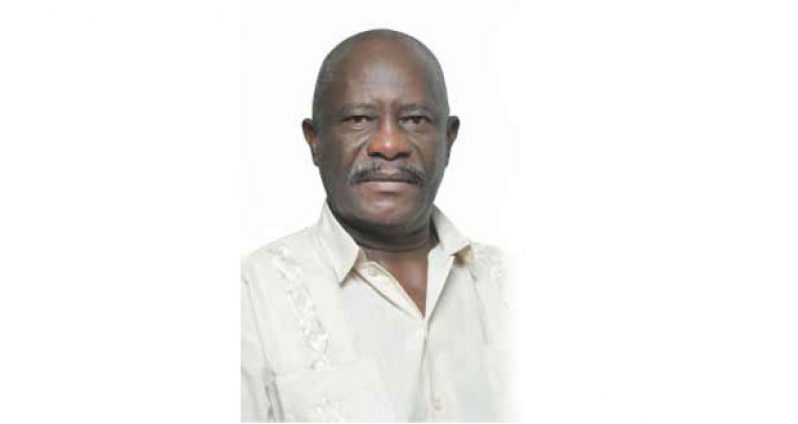THE Ministry of Citizenship has started to put systems in place to ensure the decentralisation of immigration and citizenship services from Georgetown and make them available in the various administrative regions.The ministry has also embarked on a partnership agreement with the United Nations Children’s Fund (UNICEF) to ensure there is a 100 per cent registration of births in the country.
A release from the Ministry of the Presidency quotes subject minister Winston Felix as saying that the Ministry of Citizenship is in the process of fine-tuning plans to start the ball rolling in East Berbice-Corentyne (Region Six), where offices will be opened in New Amsterdam and Corriverton.
A NUMBER OF STEPS
“A number of steps must be taken, which I am now pursuing. For example, the locations must be identified and made secure and habitable to persons seeking to do business in those departments or areas,” Minister Felix said.
“Then we have to acquire the requisite equipment and staff. In terms of the equipment, I am sourcing the equipment and cost,” he added.
According to the release, a decision was taken to begin with East Berbice-Corentyne, as the majority of persons queuing up daily at the Central Immigration and Passport Office in Georgetown come from this region.
“The effect of decentralisation is to take the government services to the people,” the minister said, adding:
“Region Six accounts for a large number of persons who travel to Georgetown on a daily basis; as such, the crowds assemble there, and the system takes on the appearance of being inefficient.
“To improve the lives of the citizens, it is important that we remove the inefficiencies from Georgetown, and to provide the services in areas like East Berbice- Corentyne.”
SET UP OFFICE
Minister Felix was scheduled to travel yesterday to Region Six to identify buildings and locations that will be best suited for an office.
“Having done that,” he said, “we will have to source the avenues for repairs, and set up the operations in a manner which would provide proper working space for the staff, and accommodation for the residents.”
He further noted that the regions will benefit as soon as locations for the offices and the exact costs have been determined. Other areas earmarked for introducing these services are Essequibo, Linden and Lethem.
“If we are taking services to the people, we have to identify location, and then the personnel and equipment,” he said.
Meanwhile, the ministry, through its General Registrar’s Office (GRO), has been working in tandem with UNICEF to ensure that 100 per cent registration of births is recorded.
Already, the ministry has visited three regions, and plans visiting three more in the coming weeks to ensure maximum reach. Currently, Guyana boasts a registration rate that is between 89 and 92 per cent.
IMPROVE REGISTRATION
However, Minister Felix and UNICEF’s Resident Representative, Ms. Marianne Flach believe that there is much more to be done.
Said he, “We have been working with UNICEF to improve birth registration, but also improve early registration.
“Birth registration is an essential activity in the lives of children; it avails them to government services such as vaccination and education.
“We are making every effort to educate young mothers and young families on the importance of not just registering their child in the civil process, but to ensure that they are registered early. UNICEF’s process had us at 89 per cent previously, but whatever it had then and what it is now, it is not 100 percent and we are seeking to achieve 100 percent birth registration.” According to the release, Deputy General Registrar Louis Crawford reported that the programme, which started in February, has received tremendous support from the communities, especially those in the hinterland.
“The intention is to visit all of the 10 administrative regions,” he said. “We have been in Regions One, Seven, and Nine. The success is so enormous, that the regional officers have requested that we revisit some of those areas.
“We are able to register persons, and also do late registrations. In Region Eight, we have been able to register people for the first time, getting them birth certificates and even marriage certificates.”
The next stop, Crawford said, is Upper Demerara-Upper Berbice (Region 10), but every region will be touched, since “each child must be registered.”
The team will also revisit some areas, in the hope of registering those persons who had missed the first visit.




.png)









